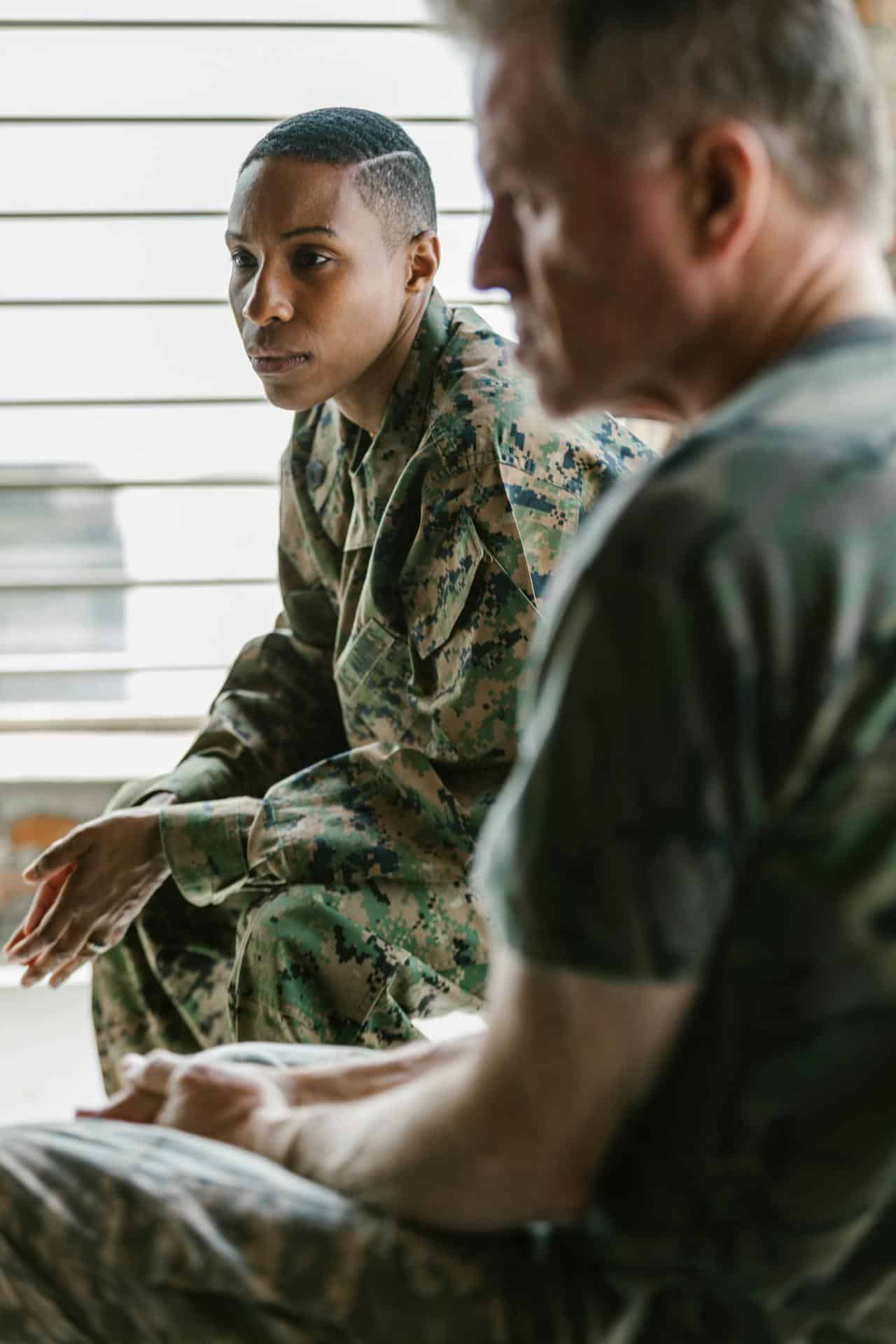Home / Veteran Specific Therapy

Veteran” is a term used to describe a person who has been honorably discharged or dishonorably discharged from active service in the U.S. Army, U.S. Navy, or U.S. Air Force. Veterans who have returned from combat zones often face unique issues that affect their mental health and well-being.
Veteran’s specific therapy is a form of therapy specifically designed to meet the needs of military members and veterans. It focuses on their unique experiences, trauma, and challenges, and creates a space for them to work through and heal from them.
This therapeutic approach uses evidence-based methods such as CBT, EMDR, and group therapy that are tailored to veterans’ unique needs. Through these methods, veterans can learn coping strategies, strengthen relationships, and better manage symptoms of PTSD, depression, anxiety and substance use.
It’s hard to overstate how important veteran-specific therapy is.
Veteran-specific therapy provides a space for people to come out and talk about their experiences, work on coping skills, and build relationships with others who share similar experiences. Unlocking the potential of veterans-specific therapy allows us to honor their service and provide them with the healing, recovery, and life-changing support they need.
Let us join forces with those who have served to make sure that no veteran has to go it alone when it comes to healing.